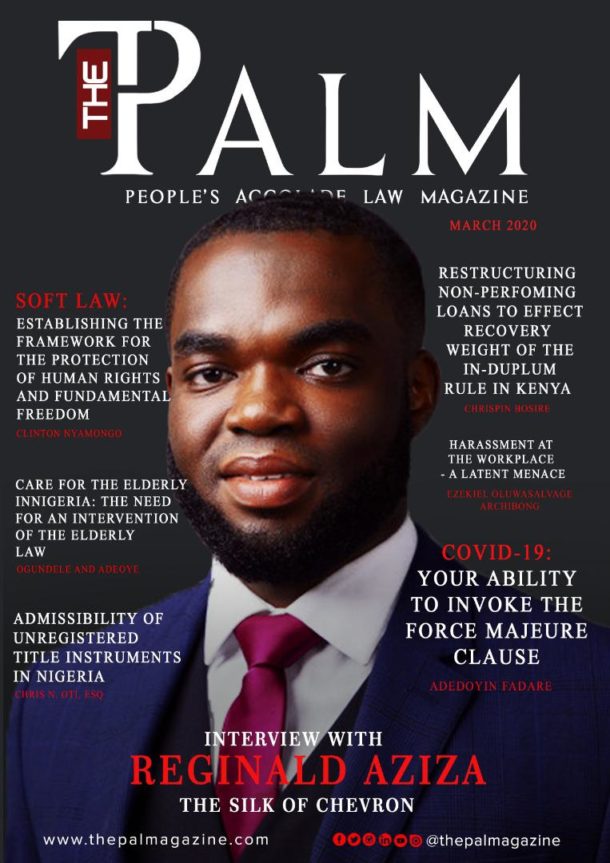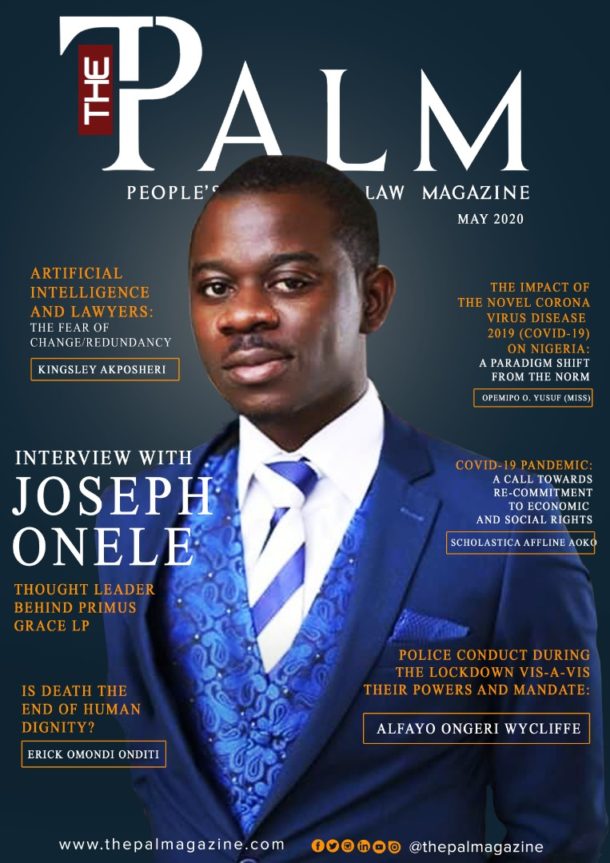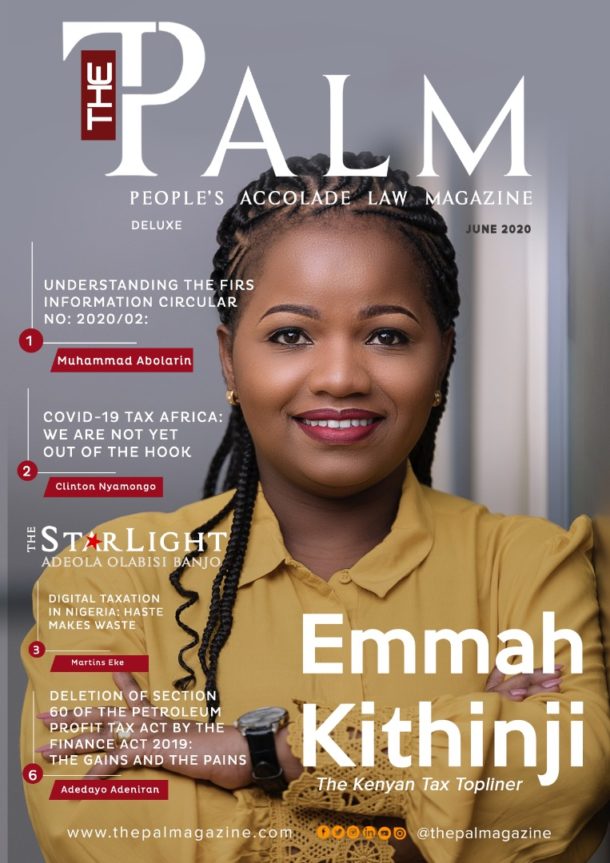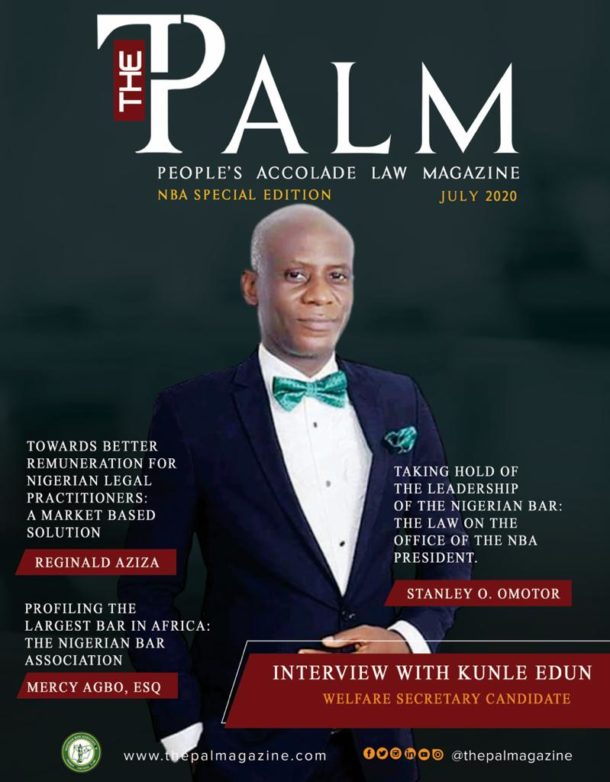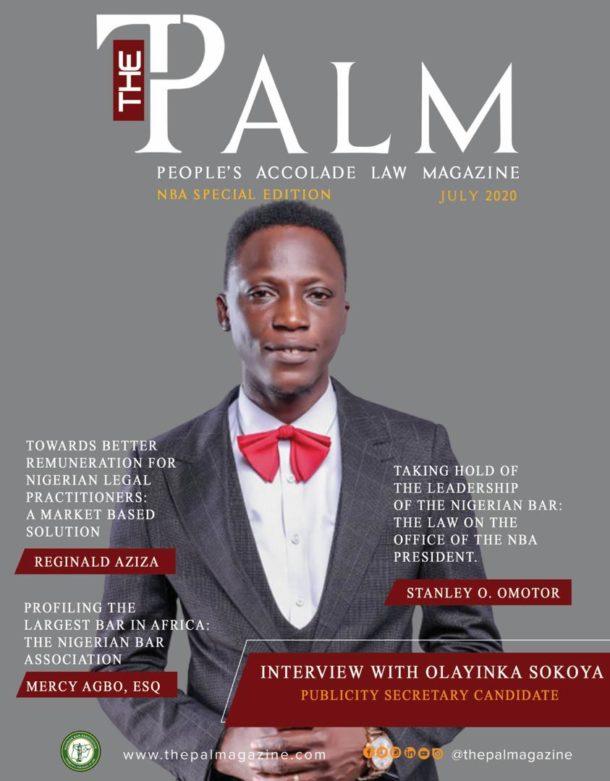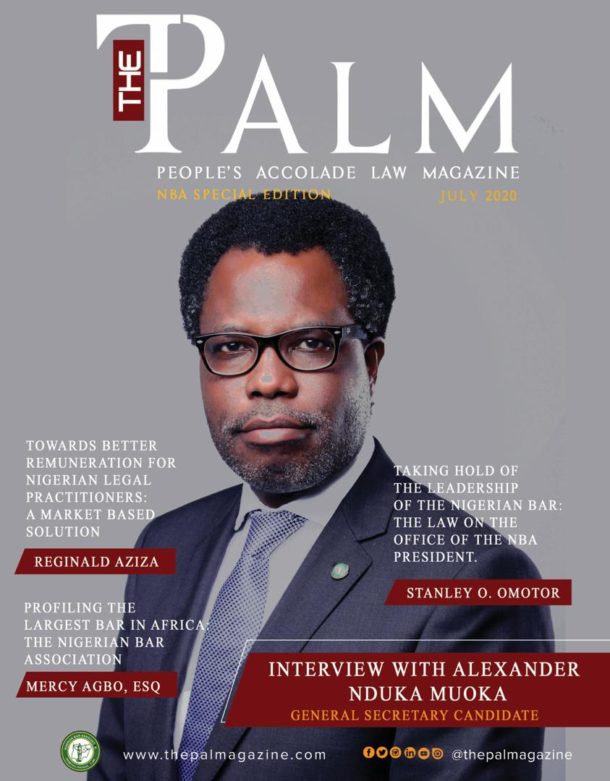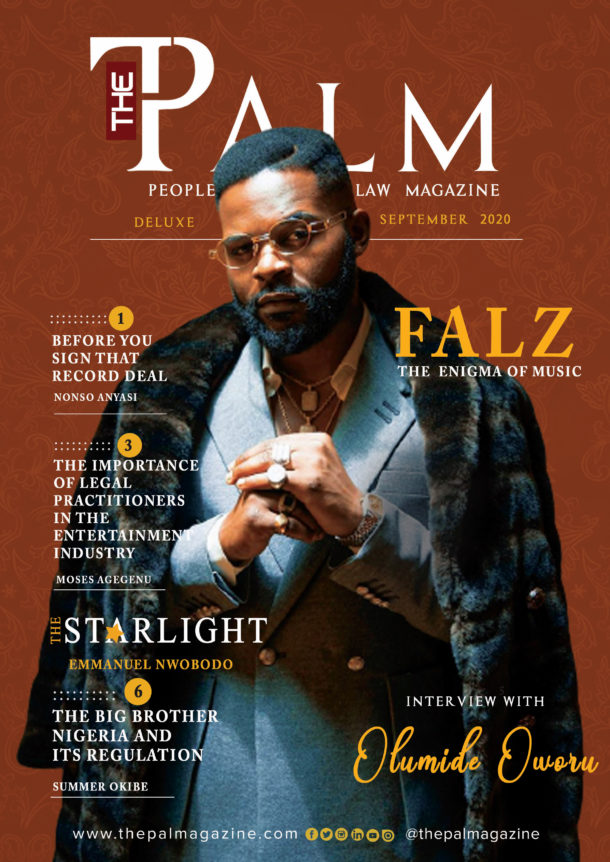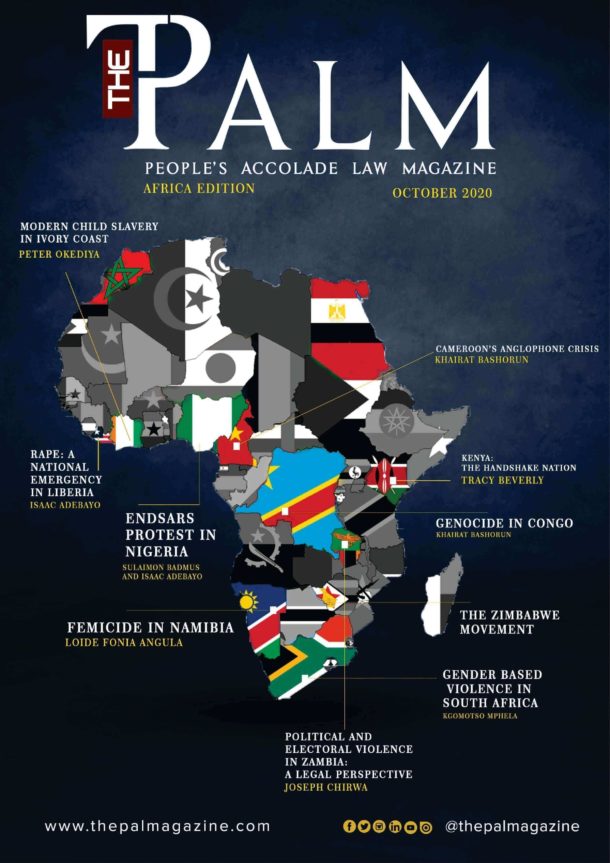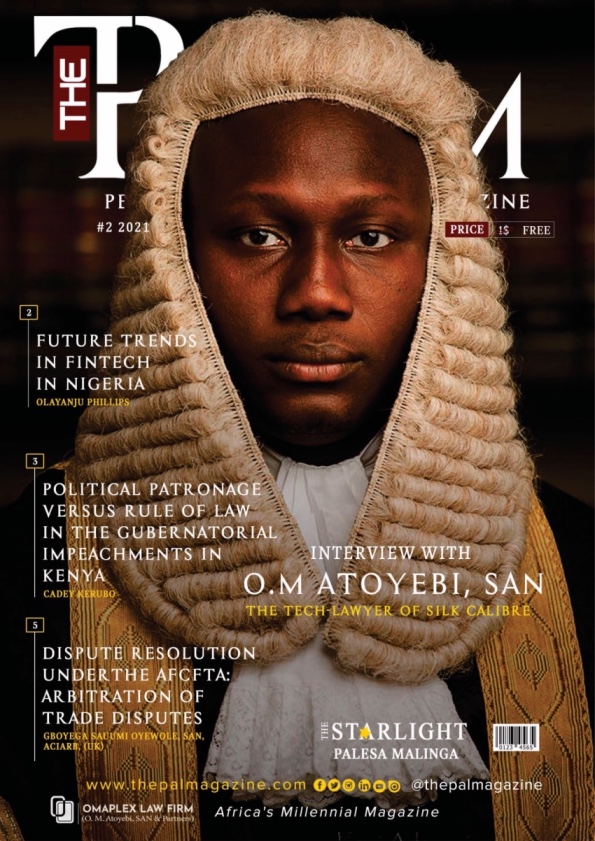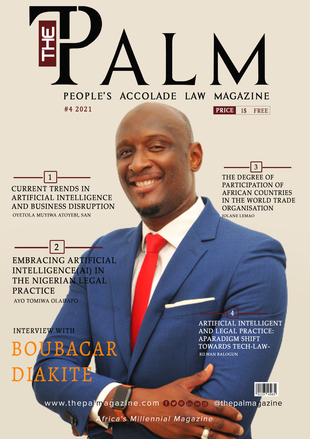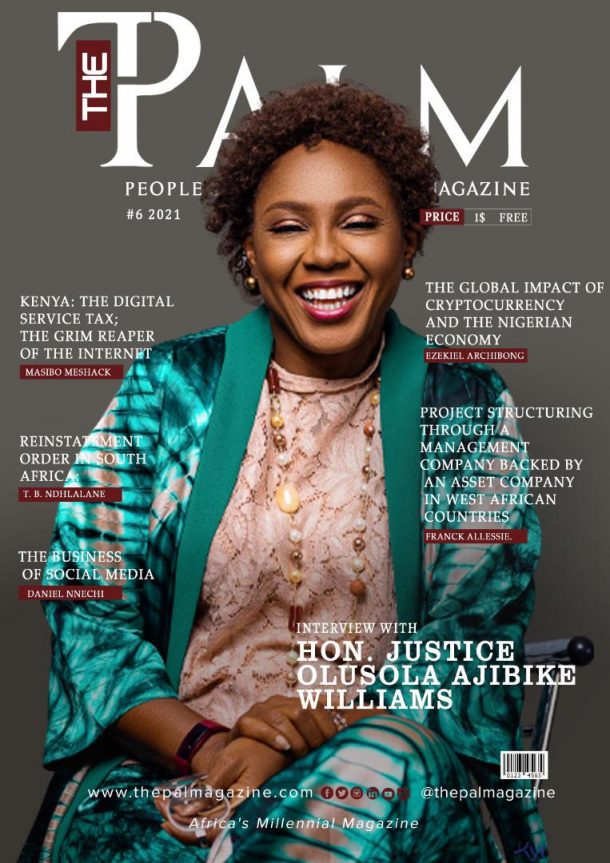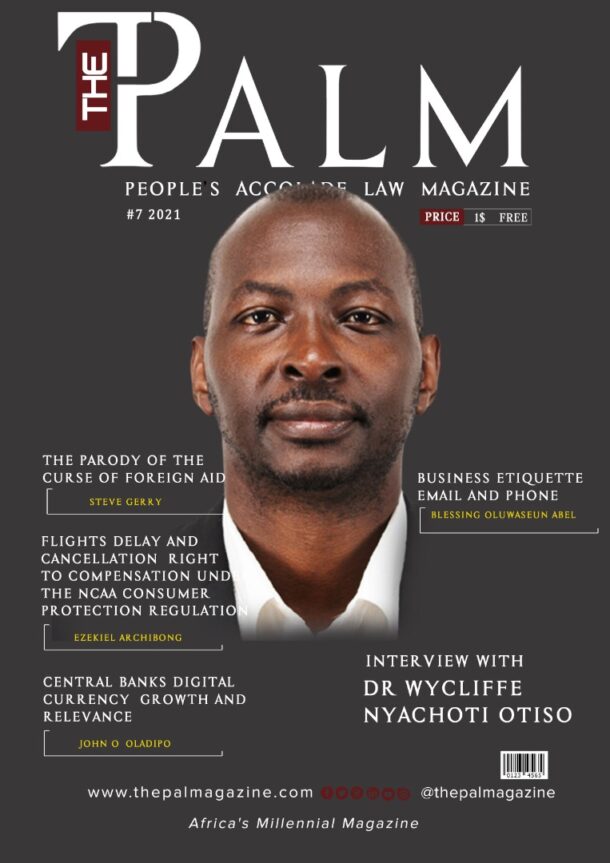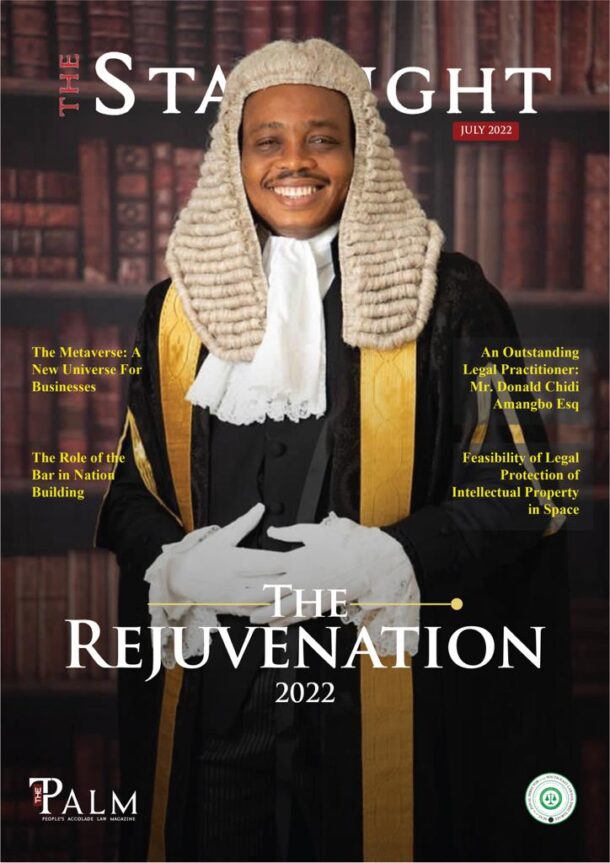“First and foremost, you must be the biggest believer in your vision, whether others see it as magic or delusion.” – Ridwan Oloyede
Ridwan Oloyede is a Director at the Center for Law and Innovation and the co-founder of Tech Hive Advisory Africa, where he leads the AI governance and technology policy teams, advising companies across Africa, Europe, and the Middle East. He is also a policy advisor and researcher with extensive experience across various thematic areas. Focusing on Africa and contributing to policy development in other parts of the world, he has published and contributed to numerous book chapters, reports, articles, and guides.
Beyond his advisory and research work, Ridwan is dedicated to making compliance accessible. He created the “Privacy Bar & Bants” podcast to foster public awareness, co-created “Privacy Guide Africa,” a platform that uses self-assessment toolkits and gamification to simplify compliance, and “PrivacyLensAfrica,” which leverages visualisation for comparative walkthroughs of laws.
Ridwan holds a master’s degree in law and technology from Tilburg University, Netherlands. A multiple award-winner and Fellow of the International Association of Privacy Professionals (IAPP), he has been designated a National Leader for Data Protection since 2023. He was also designated as an expert at the Council of Europe’s Data Protection Unit.
1. The Driving Force for Choosing the Legal Profession.
Ridwan’s journey into law was not sparked by a single, dramatic moment of wanting to “defend humanity.” It was a more gradual process of confusion and exploration. In secondary school, he started in the science stream, but after a year, he knew it was not his path. His early exposure to international politics and news had ignited other interests, so he switched to art class, still without a clear career goal. A rejected university application for political science prompted him to rethink his choices. The turning point came through his sister’s friend, a senior law student. When he mentioned he liked the idea of law but not the courtroom aspect, his sister’s friend confirmed that a legal career offered multiple paths beyond litigation. That conversation was the spark.
Even at university, the confusion lingered, but his conviction to avoid litigation remained. In his fourth year, a discussion with a good friend, Mayowa Ajileye, about the intersection of law and technology sparked a new interest in this area. This led him to write his long essay on stem cell technology, a field in which he remains passionate. Ironically, the first two and a half years of his career were spent in litigation, the very thing he wanted to avoid. However, he was clear that it was not his long-term plan. When he felt he had had enough, he resigned and soon joined Famsville Solicitors, a commercial law firm. The leadership there, especially his boss, Dayo Adu, showed him incredible faith. He will never forget Mr Dayo Adu telling him during his interview that his CV was full of “promise, and needs actual work,” and Mr Dayo was right. There, he was given the autonomy to establish and lead the firm’s technology law practice as an early-stage associate.
What keeps him fulfilled is the flexibility, which offers the freedom to be whatever you want to be and to venture into uncharted territory. His career has spanned litigation, labour and employment, corporate law, anti-bribery and corruption, and technology law practice. At the advisory firm he co-founded, Tech Hive Advisory Africa, his work encompasses data protection, the governance and ethics of emerging technologies, technology policy, and regulatory intelligence on a global scale. This path has enabled him to pursue projects that traditional legal spaces might not accommodate: He has published not-so-conventional research, lectured at esteemed universities, and served on boards. He has co-developed a self-assessment toolkit and a regulatory repository that he has always wanted to build, executive-produced a podcast, and now sits as a director at a pan-African centre, Center for Law and Innovation, looking at global issues. This has allowed him to participate in the global discourse he once observed from a distance, engage in deeply technical work, meet the people he looked up to when he started, and continue building out more things, by himself and with others. Most importantly, he is surrounded by incredible people who challenge and ground him: his family, co-founders, colleagues, and a supportive community. It is the dynamic nature of his work and the people he shares it with that make it all so deeply rewarding.
2. Qualities of an Exceptional Lawyer and How Young Professionals Can Cultivate Such Attributes.
The landscape is certainly changing, and the skills required today are different from those he had when he started. However, the core attributes of an exceptional lawyer remain timeless. It comes down to two things he always emphasised with his team: an unwavering commitment to excellence and the relentless will to grind out results, within ethical boundaries, of course. “To cultivate this, young professionals must pair that drive with an insatiable curiosity. You have to be willing to learn constantly, adapt, and never assume you have all the answers. Excellence is not a destination; it is a standard you apply to a continuously evolving practice.”, Ridwan noted.
3. Next Groundbreaking Project or Initiatives and Possible Impacts.
Ridwan gets bored quickly, so he is always working on multiple projects to keep himself engaged. There are several in the pipeline, but he will touch on two that are currently in development and are particularly exciting. The first is a proprietary compliance product for the African continent and the Middle East. They developed the first iteration back in 2020 as a regulatory intelligence platform but kept it internal. They are now building it out for public use. The second is an educational platform backed by one of the world’s largest technology companies. This project also allows him to explore his interest in the gamification of learning, piloting new ways to make complex topics engaging and accessible. Their goal with both is to create scalable solutions that address systemic challenges in the legal and educational space.

4. Role Models and Impactful Books
Ridwan’s career path was not guided by a single mentor who showed him the way. His friends often joke that he “DIY-ed” his career, and that is largely true. When he started, there were not many people in his immediate vicinity doing what he wanted to do, and the playbooks were not always open, which is understandable. Instead, he drew inspiration from the work of professionals outside his vicinity. One of them, Pat Walshe, was a huge inspiration whose work he followed closely. Pat Walshe has since become a supportive figure, even after his recent retirement from the space.
Ultimately, his journey has been shaped by a community of believers. This includes superiors and colleagues like Dayo Adu, Dami Osinuga, and Omolola Asaba, who encouraged and believed in him even when they did not fully understand what he was doing. It also includes his family, his co-founders, and his closest friends, like Aishat Salami, Mayowa Ajileye, Deji Sarumi, Nurudeen Odeshina, Tolulope Ogundele, Nankunda Katangaza, Tomiwa Ilori, Mercy King’ori, and Kasim Sodangi. Beyond this core group, his path has been profoundly influenced by a long list of brilliant individuals, with whom he has had the privilege of working or collaborating. Friends he has made in other aspects of life who inspire him daily, and those who took a chance on him and his co-founders when they were just starting. The list is long, and many prefer to remain discreet, but their belief has been foundational. One day, he will acknowledge each of them properly. In turn, he has tried to pay it forward by making the path a little clearer for those who come after him, whether through the toolkits he has helped create or by simply being available to share his experiences.
Regarding books, he has read a number of them, but two stand out. Blue Ocean Shift by Renee Mauborgne and W. Chan Kim resonates deeply with him, as he has consistently felt that he thrives on the road less travelled. More recently, he read The Hard Thing About Hard Things by Ben Horowitz, which provides unfiltered insight into the challenges of building something from the ground up from the driver’s seat.
5. Advice or Guiding Principles for Young Legal Professionals and Advocates Trying to Find their Place and Purpose in the Legal Terrain.
While every journey is unique, Ridwan can share a few principles that have guided him throughout his life. “First and foremost, you must be the biggest believer in your vision, whether others see it as magic or delusion. Second, anchor that belief with an eternal commitment to excellence and a reputation for consistently delivering results. Be reliable. Build a bias for action. Finally, do your best to ignore the noise and focus on building deep competence, as if everything depends on it”, Ridwan said. His philosophy on value creation is simple: “I have done it before” will be more powerful than “I can do it.” In the long run, expertise that evolves with the times is the one currency that never loses its value. It compounds.
Click here to read our previous Millennial, Francis Ben Kaifala
Editorial Team
Silver Obioha
Clinton Nyamongo
Kazeem Afolabi
Dikeledi Matlhagare
Tolulope Olasunkanmi
Sulaimon Badmus
Aya Hamdy
Princess Maake
Jemilat Akerele
Vera Enubianozor
Brandon Otieno
Oluwabusayo Awodele
Kyenpiya Wonang
Gift Nwoke
Jessica Odoh
Tracy Karumba
Mary-Jones Ossi
Halimah Oladunni
Mary Linus
Peter Momoh
Jessica Omoruyi





